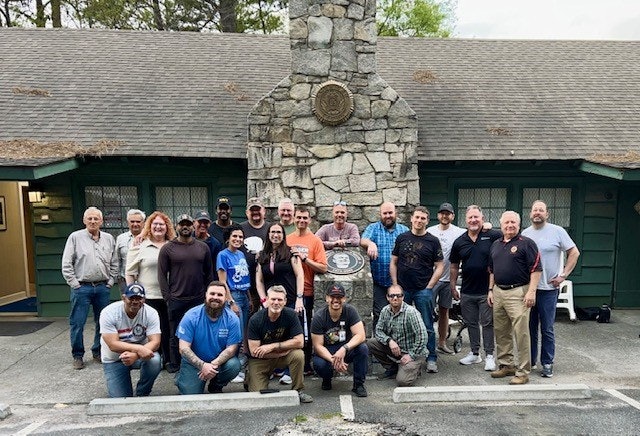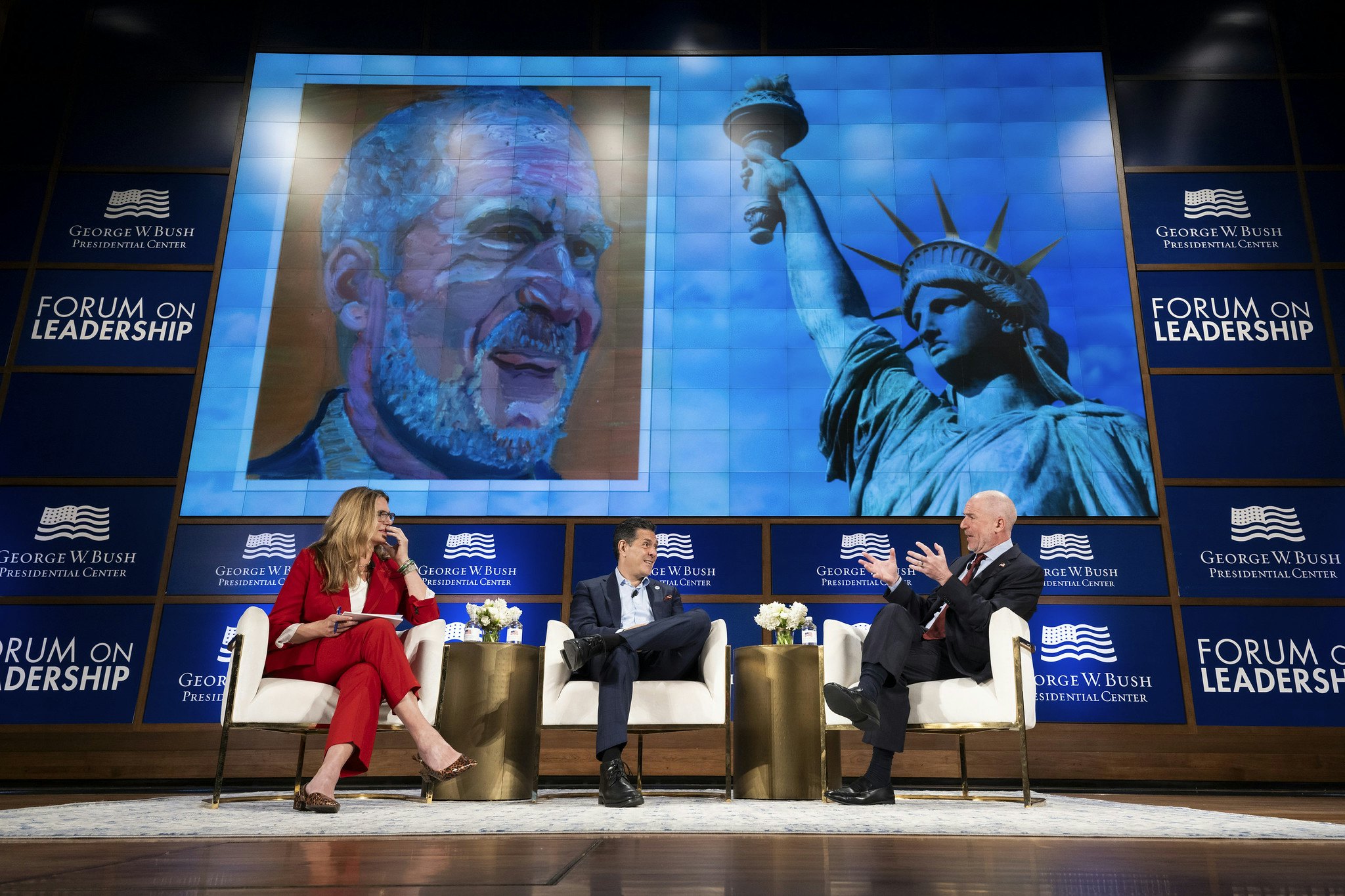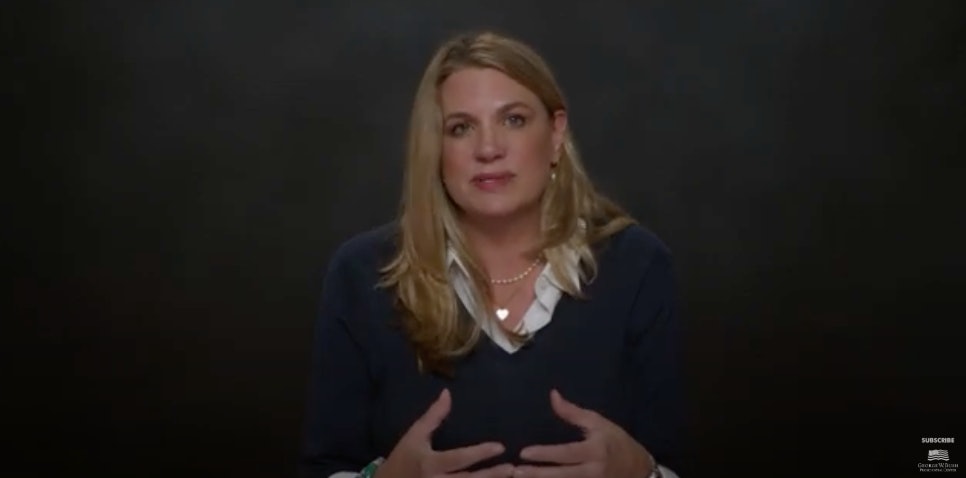Q&A with AJ Veal, Marketing and Outreach Coordinator at Shepherd Center SHARE Military Initiative
Tell us about your military service and how you became involved in your work with veterans.
I served in the U.S. Army as a military police officer in Germany. Toward the end of my time in the Army, I struggled heavily with Substance Use Disorder and ended up in Landstuhl Regional Medical Center as an inpatient for three months.
After separating from the Army in 2013, I came back home to Florida and started over from scratch. I worked as a mechanic, waiter, food prep employee, jailer, warehouse associate, butcher, and high school football coach. Somewhere in between all the jobs, I decided to go back to school and get a degree to help my family have a better life. In 2017, I was very close to graduating with my bachelor’s in management and decided to take on an internship at my job’s corporate offices.
During this time, I connected with a vice president, and he offered me advice that would change my career trajectory and lead me to where I am now. He said, “You’re better than this place. Go out in the world and make an impact. Do something you love, and you’ll never struggle to get up in the mornings.” I took that to heart and went home that night and thought about what he’d said.
I reflected on my time in the Army, which led me to thinking about my battles with sobriety and my inpatient stay. During that stay, I was only allowed to go to Alcoholics Anonymous (AA) meetings or the USO. I lived at the USO; it was my home away from home. Everyone was warm, welcoming, and cared about every person that stepped through the doors. I went straight to the USO career page, found an operations position open overseas on a NATO base, and I shipped out three weeks later.
A year later I transferred stateside and helped run the USO transition office on an Army installation for another year and a half. I became engaged with SHARE Military Initiative at the Shepherd Center in Atlanta, GA. The organization treats Post 9/11 Veterans, current Service Members, and First Responders who have a diagnosis or symptomology of TBI and other co-occurring BH/MH concerns at no cost. When a position opened up, I jumped on it. Atlanta offered more opportunities for me and family, and moving there to take the job was the best decision I have ever made. The position aligned with my career goals, as well. I am a boots-on-the-ground type of person, and this was a job offer I couldn’t refuse. I have been at SHARE for more than five years now.
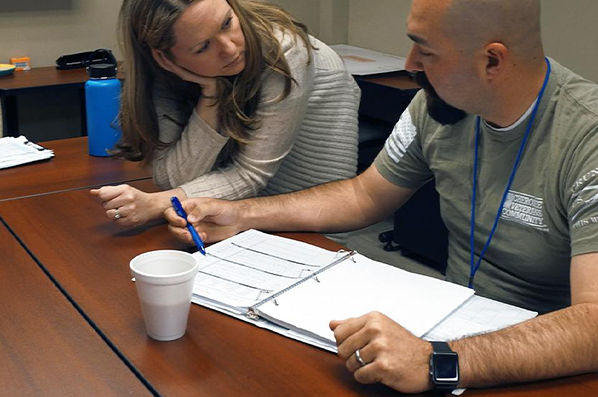
Please tell us about SHARE/Operation Mend’s mission and what motivates your work with veterans and military families.
The mission of the SHARE Military Initiative is to help service members, veterans, and first responders by providing hope, assistance, support, and education during their recovery treatment and beyond. My motivation to work in this space comes from my struggles in and out of service. I didn’t have anyone to help guide my path post service, answer my questions, provide me with an education, listen in a nonjudgmental way, or just be there when I needed someone. So I decided to pay it forward and to do my best so that others don’t have to struggle like I did. The best leader is someone who has worn the boots before – been there, done that.
What do you think makes the Veteran Wellness Alliance unique?
I think what makes the Veterans Wellness Alliance unique is the Alliance itself. Being able to gather high profile, high impact organizations scattered across the United States allows those seeking help a much simpler way of connecting.
Connecting with each of these amazing organizations allows those we serve to reach a national community of people who care, rather than being locked into just their local community. Also, each organization brings a ton of experience and expertise to the table, whether it be volunteering with Team Rubicon on disaster relief, running with Team RWB, hopping on a virtual mental health call with Headstrongor attending SHARE for traumatic brain injury (TBI) treatment. Access to quality care and removing barriers to care, whatever those may be, are critical for the success of our clientele and for they and their families to live long, productive, satisfying lives.

What advice would you give veterans and their families who are searching for the right mental or brain health care?
You’re not taking up a seat. You deserve high-quality, comprehensive care – you have sacrificed enough already. Ask for help before the snowball starts. It’s OK to focus on yourself for once. All you have to do is ask, so swallow that pride and reach out. Don’t add more barriers to getting help; there are already enough. Email me, text me, call me – Teams/Zoom meeting, Facetime, I don’t care. If you need help, I will be there to get you going in the right direction to healing.
Based on your experience, share what you have learned about the importance of veteran-specific, culturally competent care.
You have to understand the culture. You have to know how to ask the right questions. There are no easy days helping folks rehabilitate their lives. You have to be honest, open, and direct with clients. Once you build and gain that trust, that client will ever be grateful and will do everything in their capacity to help. There are good days and bad days, but if you stay focused on the mission, you will make an impact in the long run.
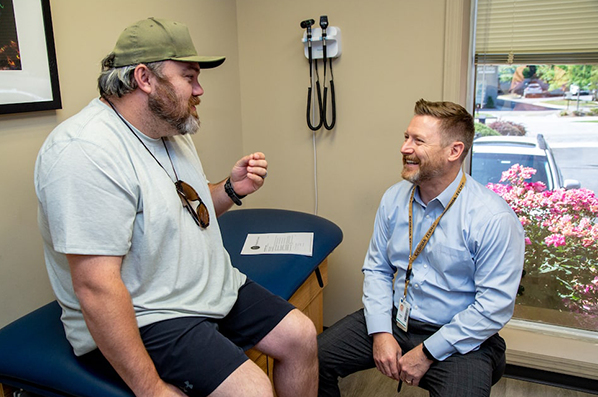
What are signs people can use to identify when a veteran may need help, and how should someone prepare for such a complicated conversation?
Symptoms of TBI are poor memory, headaches/migraines, fatigue, nausea, balance issues, light sensitivity, emotion regulation, impulsivity, and poor sleep. I have had this conversation with veterans 300+ times in the past five years, and it boils down to trust. I let them know who they are talking to, I share my story – the good, the bad and the ugly. I ask them to share their story with me, and I just listen. Then I get into the symptoms, I explain the post-traumatic stress (PTS) overlap, I offer them guidance, and we build out a plan of action. I also share any resources that may be relevant to their needs. Demonstrating that you care and you are there for them is a must. Last thing to remember, the conversation may be difficult for you or make you feel uncomfortable, but if you are having that conversation, it’s for a reason. It’s not about you; it’s about them, and if you care enough, all you have to do is ask.
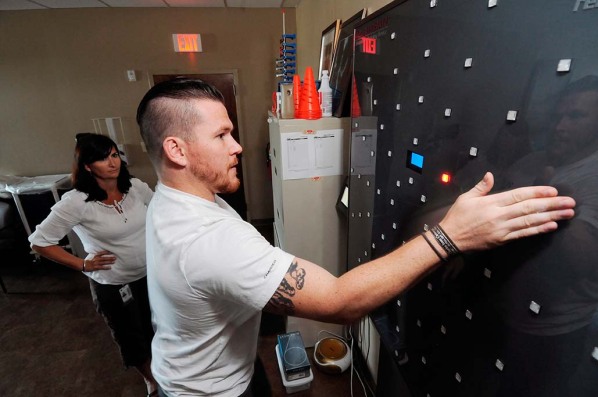
What are you most looking forward to or what gives you hope for the future of mental and brain health care in the veteran and military service space?
I am looking forward to the future expansion of SHARE and being able to help even more people. I am looking forward to growing our partnerships and seeing more organizations focused on healthy, positive growth. I am looking forward to more folks knowing it’s OK to ask for help, as this stigma has been around for entirely too long. I am looking forward to the day when drinking, gambling, and swapping war stories is no longer an outlet to building a quality life. I am looking forward to seeing the data, the real, accurate data, showing the impact all our organizations are making. I am looking forward to seeing the 22-a-day veteran suicide number decrease. I am looking forward to meeting the next person that reaches out for help.
Learn more about the Veteran Wellness Alliance.

